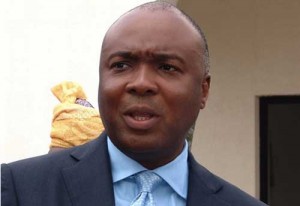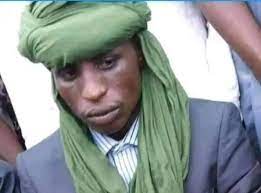Senate President Bukola Saraki failed to stop the Code of Conduct Bureau (CBC) from arraigning him, despite engaging the services of three Senior Advocates of Nigeria (SANs) and 10 senior lawyers.
On Thursday, September 18, the CBC issued a bench warrant for his arrest for refusing to appear before it to answer charges of false assets declaration.
Legal minds blame his legal team for the bench warrant.
A lawyer based in Kaduna, Abdulazeez Ibrahim, said Saraki was trying to generate public sympathy, because “he ran to the high court to prevent the court proceedings” whereas “he should have appeared.”
In Ibrahim’s view, “Saraki fell into a trap, trying to manoeuvre his way out of this thing. His lawyers should have advised him to appear.”
Constitutional lawyer and President of Voters Awareness Initiative (VAI), Wale Ogunade, said Saraki shot himself in the foot.
“Saraki just put himself on the spot. The High Court and Code of Conduct Tribunal have coordinate jurisdiction, which means they are the same. They are courts of first instance. If there is any appeal, you got to an Appeal Court,” Ogunade said.
He explained that the Code of Conduct Tribunal (CCT) was right to ignore the High Court injunction on three grounds:
• First, it was a court set up by law to carryout specified functions, and therefore no court can stop it from doing so.
• Second, charges have been drawn against Saraki and
• Three, “you cannot tell the tribunal you cannot appear before it.”
Ogunade argued that Saraki’s legal team misadvised him, and since he is Nigeria’s chief law officer by virtue of being Senate President, and has sworn to defend the Constitution, he has found himself in a fix.
Charge number ABT/01/15 dated September 11 and filed before the CCT makes against Saraki allegations ranging from anticipatory declaration of assets to making false declaration of assets in the forms he filed before the CCB while he was Kwara Governor from 2003 to 2011.
Muslim Hassan, the prosecutor, asked the CCT to order his arrest for failing to appear before it, as the High Court has parallel jurisdiction with the tribunal without powers to halt trial at the tribunal.
His request was granted.














